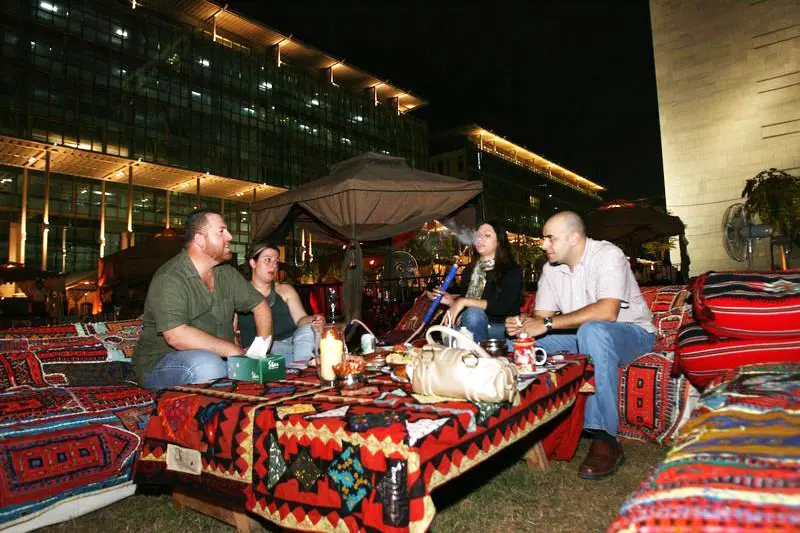PHOTO
Whether they're fasting or not, most people tend to spend more on food, clothing and even utility bills during Ramadan
Dubai: Whether they're fasting or not, most people in the UAE and the rest of the Middle East and North Africa (Mena) region tend to open their wallets more than usual during the holy month of Ramadan, a new survey revealed.
Out of the 3,288 Mena residents polled by market research firm YouGov, six in ten (60 per cent) said they actually spend more money during the fasting season compared to the other months of the year.
The overwhelming majority of the consumers (71 per cent) find themselves spending more on food and groceries (71 per cent), as well as on clothing (47 per cent).
Researchers also found that a significant amount of money goes to household utility bills (20 per cent).
The increase in spending can be attributed to the rise in consumerism during the holy month, with businesses, including hotels and retailers, enticing consumers with Ramadan offerings. Many households also tend spend more on charity and provide more food during Iftar than they would on normal days.
"Consumers tend to spend more money on food as they consume a variety of food during Iftar time. The families also distribute food among their families, friends and even to the needy as a gesture of goodwill during the holy month of Ramadan," said Moussa El Hayek, COO at Al Bustan Centre and Residence.
Preeti Bhambri, founder of personal finance website MoneyCamel.com, agrees that consumers do prepare large quantities of food for Iftar and to give away to charity. She said that, as the culmination of the holy month is also celebrated by exchanging presents, people buy gifts in advance, or during Ramadan in preparation for Eid.
"Beyond these reasons, some people do get carried away by the sales and promotion packs and end up spending much more than planned," added Preeti Bhambri, founder of MoneyCamel.com
Wadi Eljourani, head of consumer research at YouGov, said consumer spending on food and groceries is high because most people spend their time at home or with their families during the holy month.
"With 87 per cent of residents breaking their fast at home and 66 per cent spending more time wth their family during Ramadan, evidence suggests that residents account for extra expenses to prepare for special meals at home with family members, which is reflected in their higher expenditure on food and groceries," Eljourani told Gulf News.
"In addition, the requirements to keep energy levels up while fasting places emphasis in consumers' minds to look for specific types of food for Iftar and Suhour that they woudn't usually purchase."
When asked how they fund the extra expenditure, nearly eight in ten (79 per cent) said they dip into their personal savings, while 14 per cent use their credit card.
With most of the restaurants and coffee shops closed during the day, it is not surprising to see the majority of the Ramadan spenders hitting the retail stores at night.
Among those surveyed, more than half (52 per cent) said they shop after Iftar. Ramadan shoppers are also likely to visit the malls twice a week during Ramadan.
Yougov's research was conducted online among Mena residents, of which 2,789 are fasting.
© Gulf News 2015





















